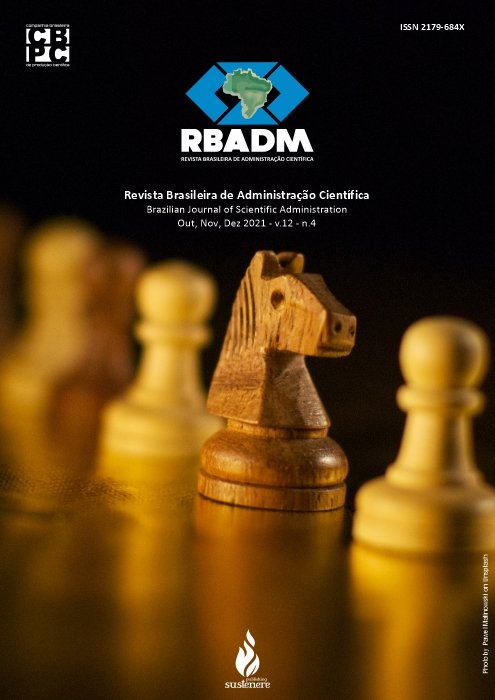Law 13.460/2017 in Sergipe and the role of the court of auditors of the state: action plan designed from the situational analysis in Sergipe management units
DOI:
https://doi.org/10.6008/CBPC2179-684X.2021.004.0023Keywords:
Law 13,460/2017, Ineffectiveness, Obstacles, Audit Office, Action planAbstract
Law 13.460/2017 represented a notable advance in the protection of recipients of public services, with essential innovations to guarantee social participation, the defense of citizens' rights and the search for an adequate provision of services, such as: charter of services to the user, council of users of public services, ongoing assessment of public services, channel of manifestations in the public ombudsman and annual management report of the ombudsman. The regulation is of great relevance to the improvement of social control and the improvement of public services, which is fully related to the institutional competences of the Courts of Auditors. The present study was then conducted with the aim of analyzing how the executive powers existing in Sergipe are complying with the guidelines of the aforementioned law, aiming to outline a situational analysis and proposals for referrals to the State Court of Auditors. The theoretical framework was developed from the analysis of studies related to Law 13.460/2017 and the Courts of Accounts. In methodological terms, we used a single case study strategy with multiple data sources, through questionnaires sent to municipal governments that had re-elected managers and the Government of the State of Sergipe. The results showed the precarious or non-existent functioning of most of the innovations conceived by the legislation and the remaining obstacles to the effectiveness of the legislation in question. In view of the situational analysis and the relevant constitutional powers of the State Court of Auditors, the proposals for referrals were then formatted, aiming, with this.
Downloads
Downloads
Published
Issue
Section
License
Copyright (c) 2021 Brazilian Journal of Scientific Administration

This work is licensed under a Creative Commons Attribution-NonCommercial-NoDerivatives 4.0 International License.
The CBPC - Companhia Brasileira de Produção Científica (Brazil CNPJ: 11.221.422/0001-03) the material rights of the published works. The rights relate to the publication of the work anywhere in the world, including rights to renewals, expansions and dissemination of the contribution, as well as other subsidiary rights. All electronically published works may subsequently be published in printed collections under the coordination of this company and / or its partners. The authors preserve the copyright, but are not allowed to publish the contribution in another medium, printed or digital, in Portuguese or in translation.









